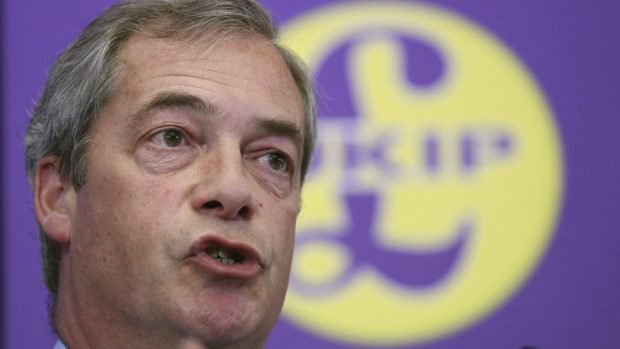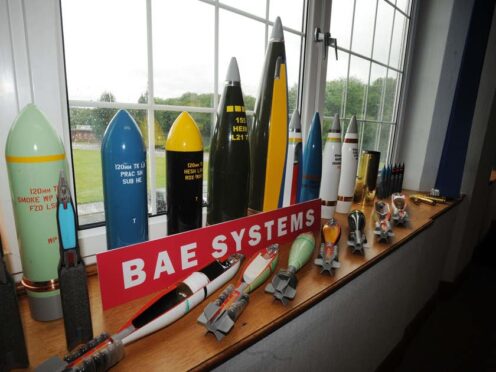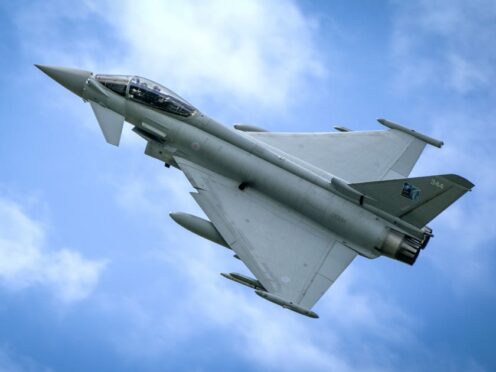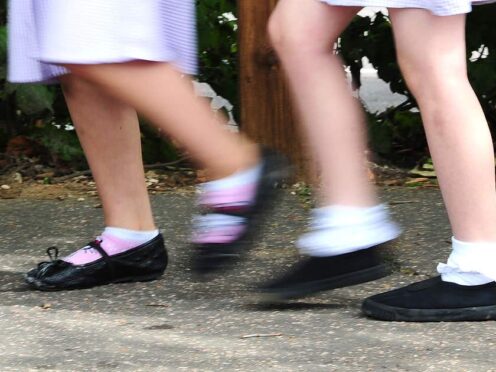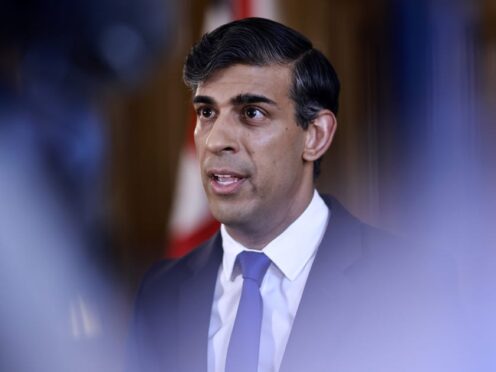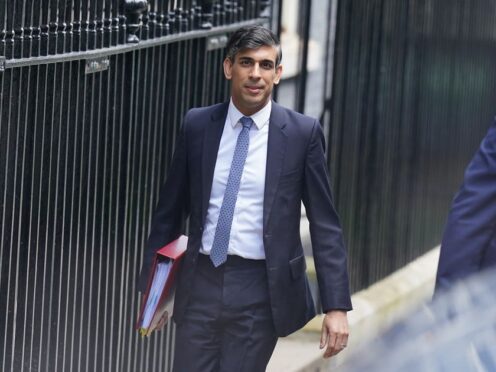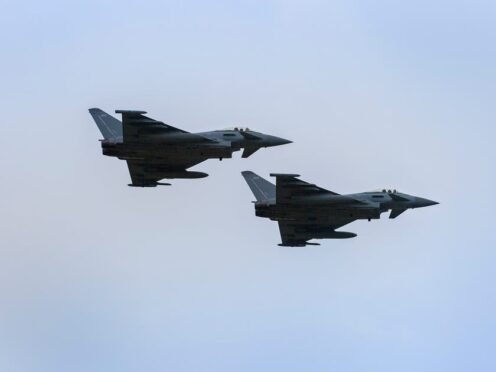Nigel Farage has announced that he is to step down as leader of UKIP.
Mr Farage, 52, has had two stints as leader of the Eurosceptic party since 2006, and announced he was quitting the post after failing to win a Commons seat in the 2015 general election, only to change his mind days later.
In a speech in London setting out Ukip’s strategy for the post-referendum period, Mr Farage said: “During the referendum campaign, I said I want my country back. What I’m saying today is I want my life back, and it begins right now.”
In a statement released by Ukip, Mr Farage said: “The victory for the Leave side in the referendum means that my political ambition has been achieved. I came into this struggle from business because I wanted us to be a self-governing nation, not to become a career politician.
“Ukip is in a good position and will continue, with my full support, to attract a significant vote. Whilst we will now leave the European Union, the terms of our withdrawal are unclear. If there is too much backsliding by the Government and with the Labour Party detached from many of its voters then Ukip’s best days may be yet to come”.
Mr Farage said his political career since first standing for Ukip in the Eastleigh by-election of 1994 had been “a long journey, not at every stage of the way an easy one, although most of it, I have to say, has been tremendous fun”.
He added: “Tough though it’s been at times, it’s all certainly been worth it.
“I came into politics from business because I believed that this nation should be self-governing. I have never been and I have never wanted to be a career politician.
“My aim in being in politics was to get Britain out of the European Union. That is what we voted for in that referendum two weeks ago, and that is why I now feel that I’ve done my bit, that I couldn’t possibly achieve more than we managed to get in that referendum.
“So I feel it’s right that I should now stand aside as leader of Ukip. I will continue to support the party, I will support the new leader, I will watch the renegotiation process in Brussels like a hawk and perhaps comment in the European Parliament from time to time.
“I’m also very keen to help the independence movements that are springing up in other parts of the European Union, because I’m certain of one thing – you haven’t seen the last country that wants to leave the EU.
“It has been a huge chunk of my life, doing this, and it’s not easy perhaps when you feel a degree of ownership of something to let it go. But has come at a cost to me and perhaps to those around me. During the referendum campaign, I said I want my country back. What I’m saying today is I want my life back, and it begins right now.”
Mr Farage is the second key Brexit figure to take a step back from front-line politics since the referendum campaign ended.
Boris Johnson chose last week not to enter his name in the race to become the next Conservative leader and Prime Minister.
